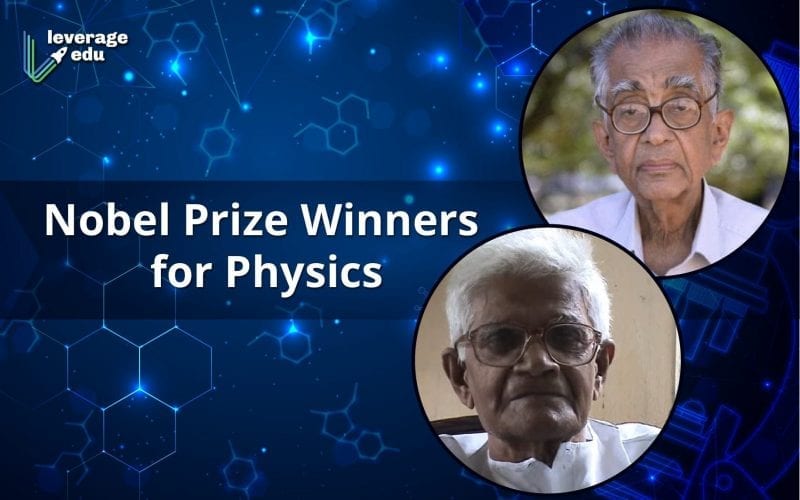The Nobel prize for Physics 2020 was recently announced and we have two profound winners this time. One of them is a mathematical Physicist Sir Rodger Penrose, awarded for his major contribution- discovering that black hole formation is a robust prediction of the general theory of relativity. And the other one is a team of Dr Reinhard Genzel and Dr Andrea Ghez for presenting the discovery of a supermassive compact object at the centre of our galaxy.
Based in the University of Oxford, Professor Penrose has been awarded the honourable Nobel prize for implementing the innovative mathematical techniques to formulate that black holes Armour of the prominent consequences of the general relativity theory of Einstein. Thus, they can surely exist. Penrose along with Stephen Hawkings, presented few ideas regarding when gravitational singularities are formed.
Appreciating the hardships and valuable contribution of Penrose in the field of Physics, one must not overlook that, if the sound foundations in the research of black holes wouldn’t have been laid by the great Indian scientists named, AK Raychaudhari and CV Vishvehwara. They not only made significant contributions in this domain but also helped the entire world have a better understanding of black holes.
Known as the founding director of Jawaharlal Nehru Planetarium in Bangalore, professor Vishvehwara indulged in the studies of black holes in 1970 at the University of Maryland. He is also credited for establishing the popular Research Education Advancement program in Physical Sciences (REAP). Being a graduate student at the University of Maryland, he has a record of publishing 3 groundbreaking papers on the topic of black holes.
As per the obituary published by The Hindu, “He was among the first to study ‘black holes’ even before they had been named so. His calculations succeeded in giving a graphical form to the signal that would be emitted by two merging black holes- this was the waveform detected in 2015 by LIGO collaboration, and contain the so-called ‘quasi-normal modes’ or bring downstairs that so0und like a bell’s ringing sound that is fading out.”
Also Read: Emmanuelle Charpentier and Jennifer A. Doudna Get Nobel Prize in Chemistry
Meanwhile, another outstanding physicist and a student of Kolkata reputed Presidency College, AK Raychaudhuri came up with a revolutionary equation during his seminal research work in the 1950s. This major contribution became integral to the concept of black holes and helped people in unravelling mysteries.
Thanking the great mind for his efforts, Prof. Dibyendu Nandi tweeted, “His equation demonstrates singularities are on inevitable consequences of general relativity- a key ingredient in the proofs of Penrose-Hawkings singularity theorems. The #RaychaudhariEquation upon which Penrose and Hawking’s proofs rely, is the basis for the existence of #blackhole singularities and thus integral to the theory of formation of black holes.”
Thus, while patting the backs of Nobel prize for Physics winners, one must not forget the imperative contributions by such great minds which successfully enabled us to proceed with research in this domain.
Stay tuned with Leverage Edu to discover all the recent developments in the world of Education!

 One app for all your study abroad needs
One app for all your study abroad needs





















 45,000+ students realised their study abroad dream with us. Take the first step today.
45,000+ students realised their study abroad dream with us. Take the first step today.

